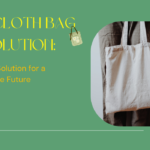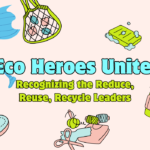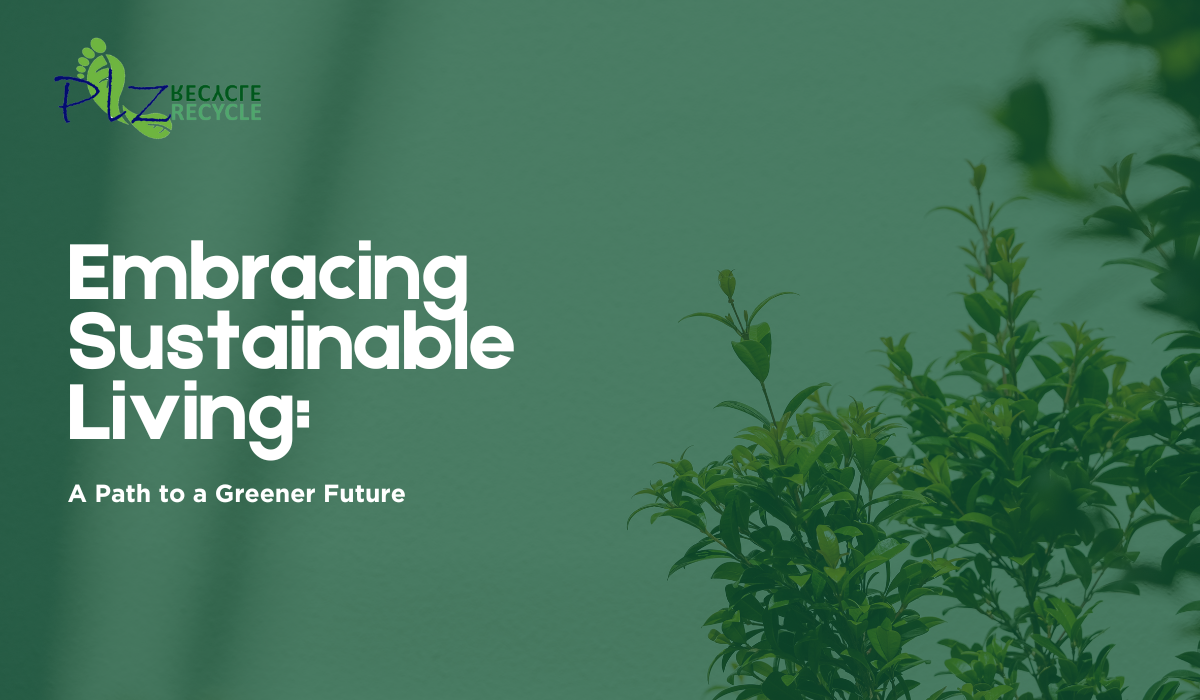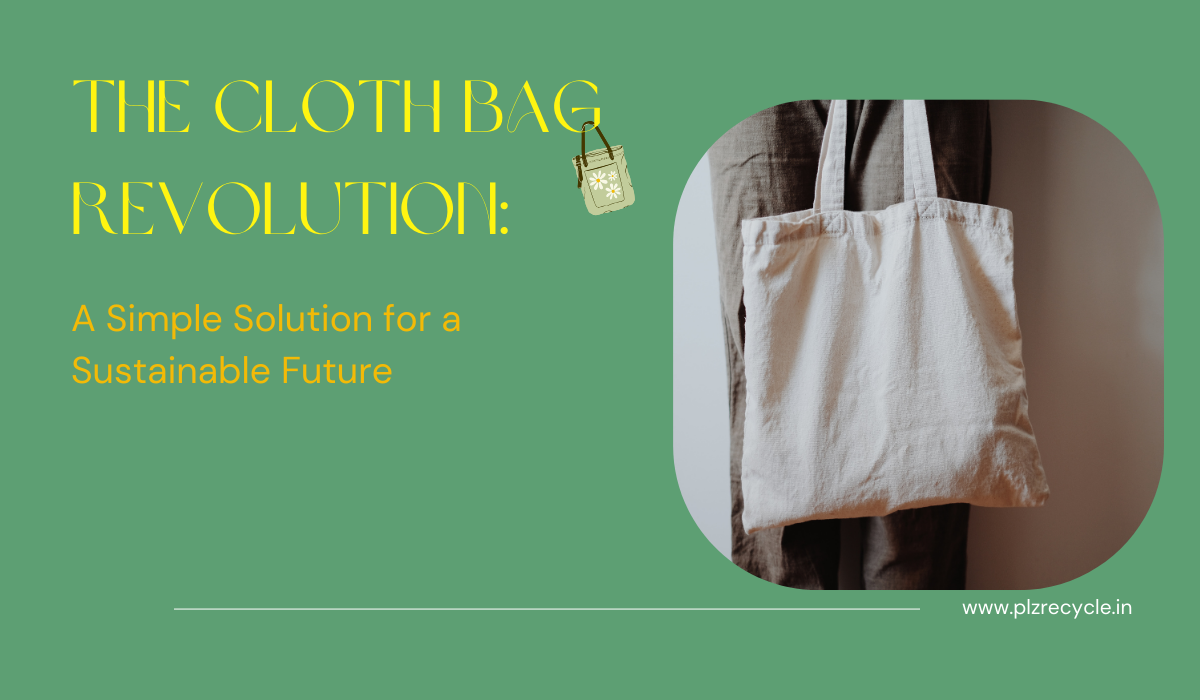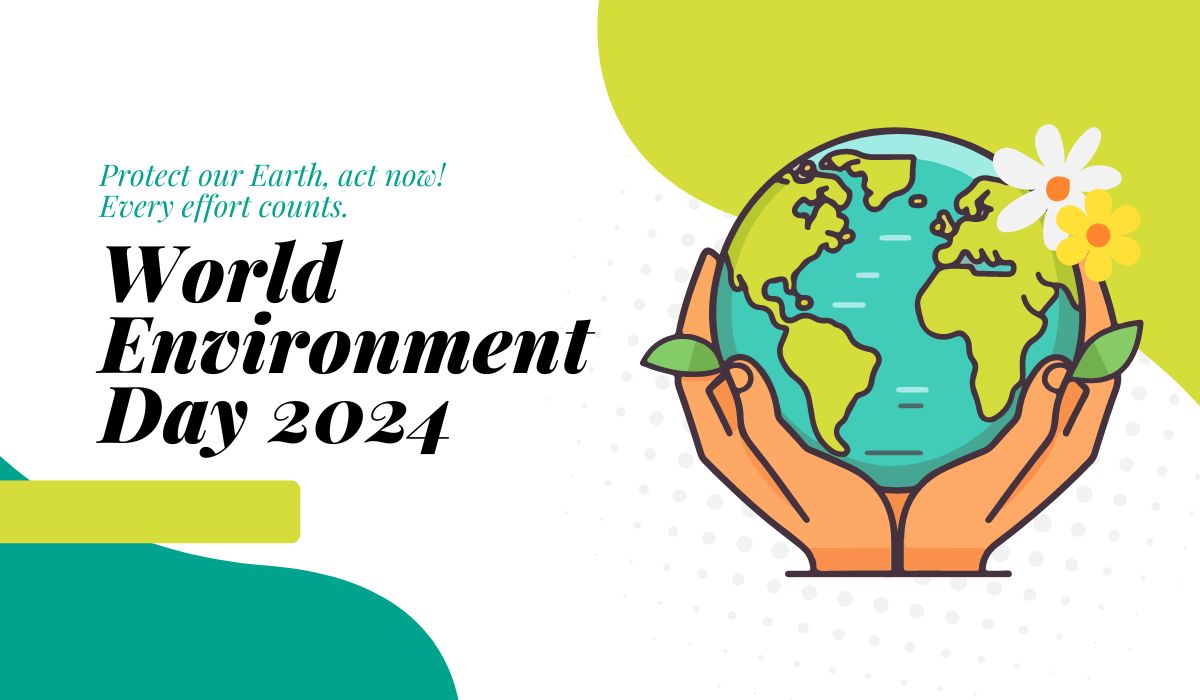In a world increasingly conscious of its environmental footprint, the adoption of eco-friendly habits in our daily lives has become more imperative than ever. From reducing carbon emissions to preserving biodiversity, individual actions can significantly contribute to the global effort to mitigate climate change and protect our planet. In this article, we explore 5 eco friendly habits that anyone can adopt to make a positive impact on the environment.
1. Reduce, Reuse, Recycle:
This one is the first habit from ‘5 Eco Friendly Habits’. The mantra of “reduce, reuse, recycle” serves as a cornerstone of sustainable living. By minimizing waste production, reusing items, and recycling materials, we can conserve valuable resources and reduce the burden on landfills. Start by reducing your consumption of single-use plastics and opting for reusable alternatives such as stainless steel water bottles, cloth shopping bags, and glass containers. When possible, repair or repurpose items instead of discarding them. Additionally, familiarize yourself with local recycling guidelines to ensure proper disposal of recyclable materials. Embracing the principles of reduce, reuse, and recycle empowers individuals to make a tangible difference in waste reduction efforts.

2. Conserve Energy:
This one is the second habit from ‘5 Eco Friendly Habits’. Energy consumption is a significant contributor to greenhouse gas emissions and climate change. By implementing simple energy-saving practices, individuals can lower their carbon footprint and decrease reliance on fossil fuels. Begin by turning off lights and electronic devices when not in use and optimizing home heating and cooling systems for energy efficiency. Replace traditional incandescent light bulbs with energy-efficient LED alternatives and consider installing programmable thermostats to regulate indoor temperatures intelligently. Additionally, unplug chargers and appliances when they are not in use to prevent standby power consumption. Through conscious efforts to conserve energy, individuals can play a vital role in promoting sustainability and combatting climate change.

3. Embrace Sustainable Transportation:
This one is the third habit from ‘5 Eco Friendly Habits’. Transportation accounts for a significant portion of global carbon emissions, making sustainable mobility essential for reducing environmental impact. Opt for eco-friendly modes of transportation such as walking, cycling, or using public transit whenever feasible. Not only do these alternatives reduce carbon emissions, but they also promote physical activity and reduce traffic congestion. When driving is necessary, carpooling or using fuel-efficient vehicles can significantly decrease fuel consumption and air pollution. Additionally, consider investing in electric or hybrid vehicles to further minimize greenhouse gas emissions associated with transportation. By prioritizing sustainable transportation options, individuals can contribute to cleaner air and healthier communities.

4. Support Local and Organic Products:
This one is the fourth habit from ‘5 Eco Friendly Habits’. The production and transportation of goods contribute to carbon emissions and environmental degradation. By choosing locally sourced and organic products, consumers can reduce the environmental impact of their consumption habits. Support local farmers and artisans by purchasing locally grown produce, dairy, and other food items. Not only does this reduce the carbon footprint associated with long-distance transportation, but it also promotes regional economies and fosters community connections. Likewise, opt for organic products that are free from synthetic pesticides and fertilizers, which can harm ecosystems and pollute water sources. By prioritizing local and organic products, individuals can align their consumption habits with environmental sustainability goals.

5. Practice Water Conservation:
This one is the fifth habit from ‘5 Eco Friendly Habits’. Freshwater is a finite resource essential for human survival and ecosystem health. By practicing water conservation techniques, individuals can help preserve this precious resource for future generations. Start by fixing leaks and drips in faucets, toilets, and irrigation systems to prevent unnecessary water waste. Install water-saving devices such as low-flow showerheads and faucet aerators to reduce water usage without sacrificing comfort.
Additionally, adopt mindful habits such as taking shorter showers, turning off the tap while brushing teeth, and watering plants during cooler times of the day to minimize water consumption. Furthermore, consider collecting rainwater for outdoor use or installing greywater recycling systems to reuse water from sinks and showers for irrigation purposes. Through concerted efforts to conserve water, individuals can contribute to water sustainability and ecosystem preservation.
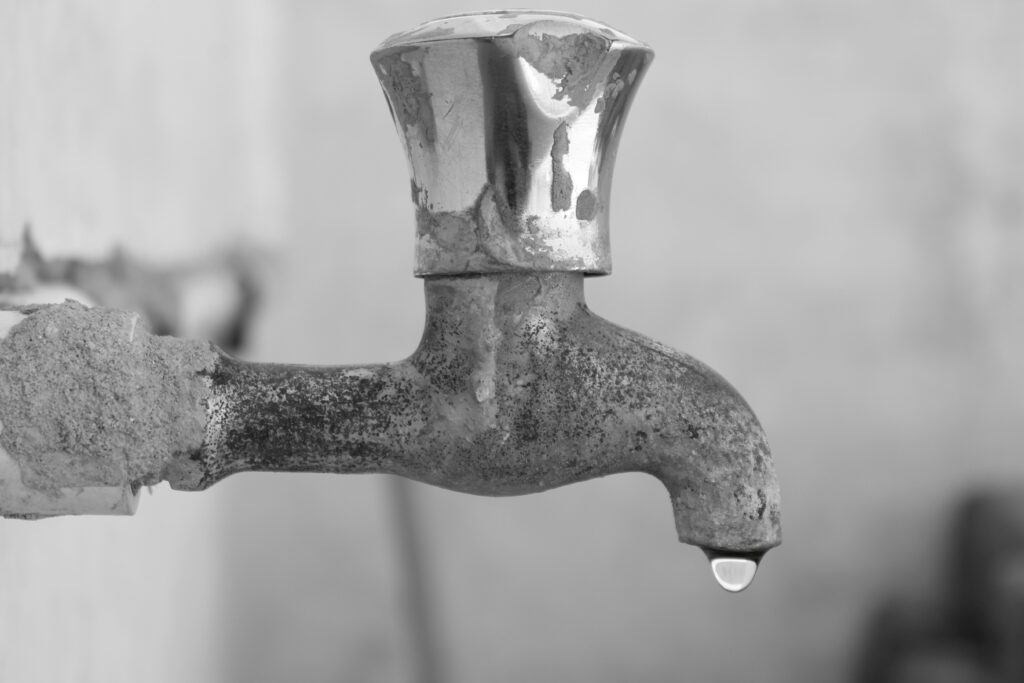
embracing eco-friendly habits in our daily lives is paramount to fostering a more sustainable future for our planet. By incorporating practices such as reducing waste, conserving energy, embracing sustainable transportation, supporting local and organic products, and practicing water conservation, individuals can make meaningful contributions to environmental preservation and combat climate change. Through collective action and individual responsibility, we can create a healthier and more sustainable world for current and future generations to thrive. Let us all commit to adopting eco-friendly habits and become stewards of the Earth’s precious resources.





